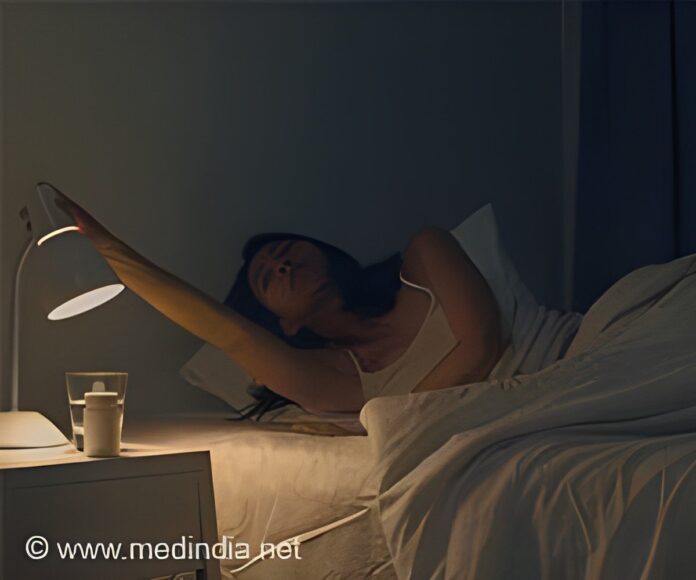Low-intensity multi-task exercise combining physical and cognitive activities can enhance sleep quality in older adults, particularly in women.
- Low-intensity multi-task exercises enhance brain activity and sleep quality
- Prefrontal cortex activation occurs immediately after low-intensity multi-task exercise
- Delta power increases during sleep, leading to deeper, restorative rest
During deep sleep, the amplitude of brain waves increases, and “ƒÂ (delta) power” is a critical indicator of sleep quality. Higher delta power reflects deeper, more restorative sleep (1✔ ✔Trusted Source
Multi-task exercise increases delta power in non-rapid eye movement sleep among older female adults: A randomized crossover trial
Go to source
).
Delta power is positively influenced by both physical activity and cognitive engagement during the day. As a result, exercises that combine physical and cognitive effort, known as multi-task exercise, are believed to improve sleep quality.
However, as individuals age, the production of delta power naturally decreases, and sleep quality is further influenced by hormonal shifts, especially those tied to gender differences. This study explored how multi-task exercise affects sleep in elderly women.
Researchers at the University of Tsukuba have highlighted that multi-task exercise, which pairs physical activity with cognitive stimulation, helps enhance sleep quality in older women. This occurs by activating the prefrontal cortex post-exercise, a finding that may encourage the development of specialized exercise programs aimed at improving sleep for aging populations.
Brain Activity Monitoring and Prefrontal Cortex Analysis
The research involved 15 healthy older women from Tsukuba City, who participated in five different exercise conditions. These conditions included:
- Low-intensity single-task exercise,
- Low-intensity multi-task exercise,
- Moderate-to-vigorous intensity single-task exercise,
- Moderate-to-vigorous intensity multi-task exercise, and
- A control condition involving rest in a seated position.
Brain activity in the prefrontal cortex was monitored before and after each session, and sleep stages, along with delta power, were analyzed through polysomnography.
This setup was designed to assess the impact of different types of exercise on brain activity and sleep quality, providing a comprehensive view of how multi-tasking during physical activity could potentially affect sleep patterns in older women.
Impact of Low-Intensity Multi-Task Exercise on Brain Activity
The results from the study revealed that low-intensity multi-task exercise had a notable effect on brain activity and sleep quality. Specifically, it activated the prefrontal cortex immediately after the session and led to an increase in delta power during sleep.
These findings contribute to a growing body of research that indicates low-intensity multi-task exercise may serve as an effective strategy for enhancing sleep in elderly populations. Moreover, this could lead to the design of new exercise programs tailored to promoting better sleep among older adults.
Cognitive Engagement and Physical Activity for Older Adults
The implications of these findings are significant. Low-intensity multi-task exercise not only stimulates brain activity but also provides an enjoyable way to stay active and engaged, which is especially important for the aging population.
Further research is needed to explore the long-term effects of multi-task exercise and to determine how these interventions can be integrated into community-based health programs for older adults. By enhancing sleep quality, such exercise regimens could contribute to better overall health and well-being for the elderly.
In conclusion, the study suggests that low-intensity multi-task exercise is a promising tool for improving sleep in older women. By activating the prefrontal cortex and increasing delta power during sleep, it offers a simple yet effective strategy for enhancing sleep quality.
Reference:
- Multi-task exercise increases delta power in non-rapid eye movement sleep among older female adults: A randomized crossover trial – (https://www.sciencedirect.com/science/article/pii/S1053811925001077?via%3Dihub)
Source-Medindia


